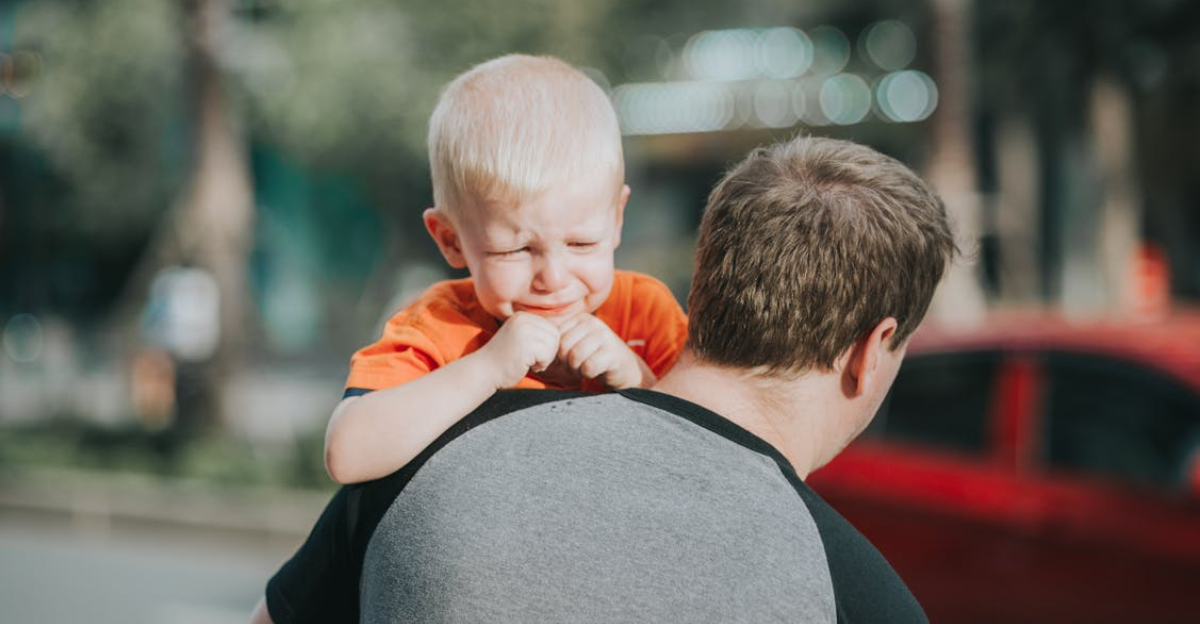
Once you have a baby, things are never the same: you sleep less and accidents happen. Every child is different, so you definitely need plenty of patience. Sometimes routines don’t help, and when that happens, there is nothing wrong with seeking help.
Here are 19 simple lessons you can only really learn after becoming parents.
1. You can never keep the house perfectly tidy
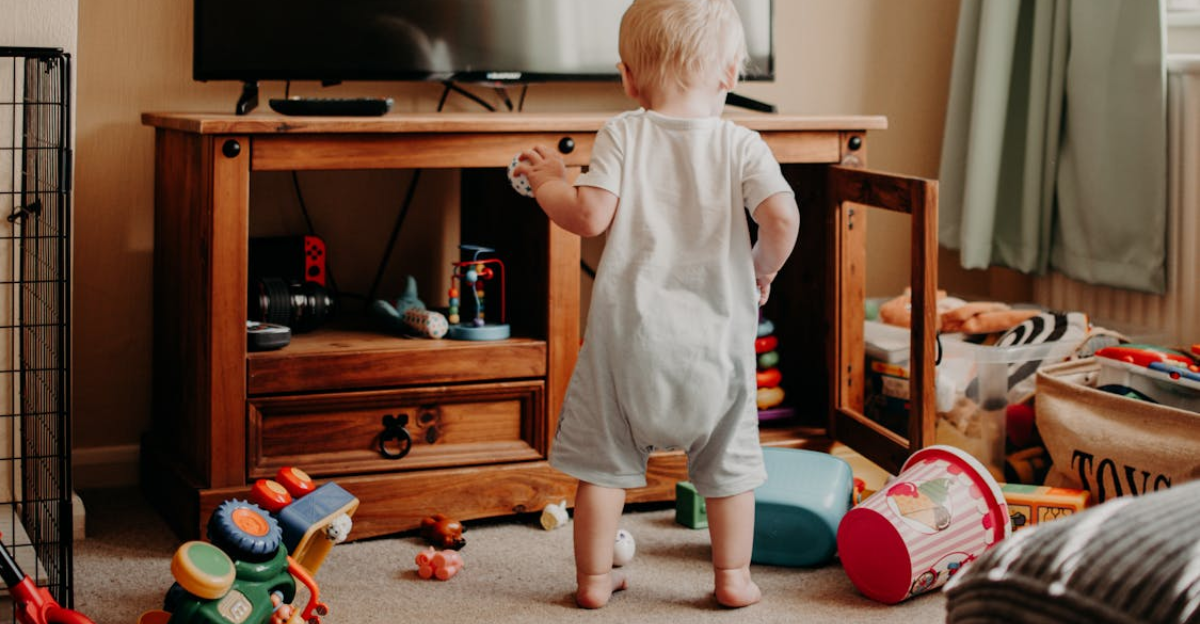
Keeping the house spotless is impossible with children. There are toys and messes everywhere. Attempting to maintain everything clean at all times is stressful, so it’s better to tolerate a certain amount of chaos. This will make the home less frustrating to everyone.
2. Adapting to each child’s unique personality
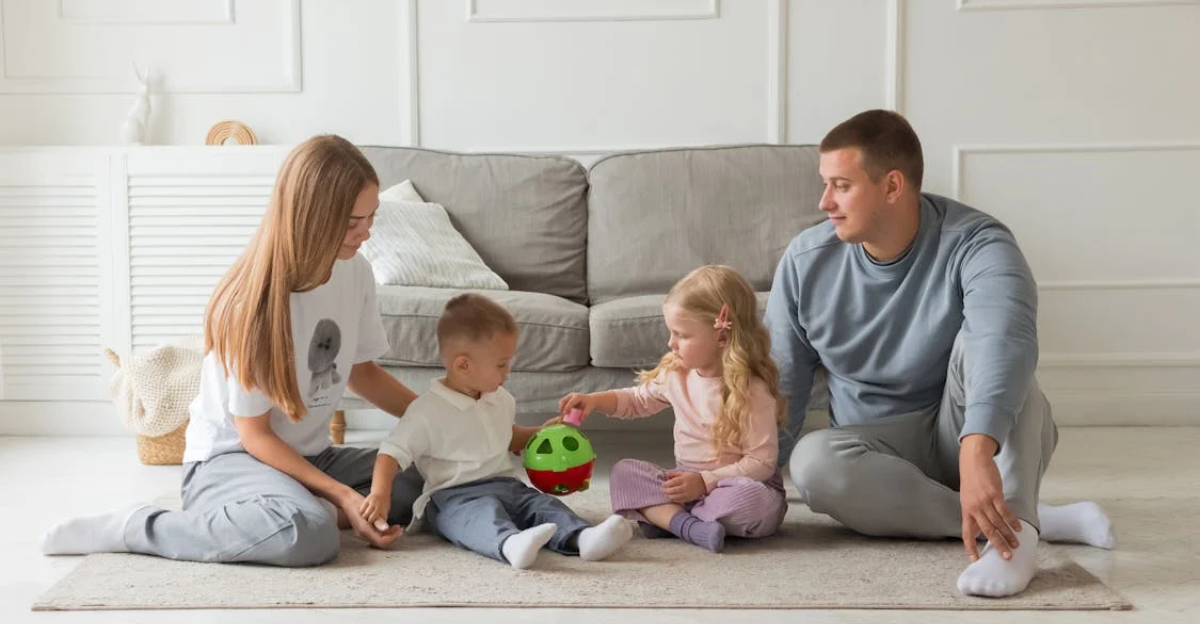
Parenting means changing how you act for each child. Each child is unique with different likes and needs, so what works for one kid may not work for the other. Flexibility and listening to children will help you parent every child in the most effective way. This makes parenting easier and more productive.
3. A cuddle is more important
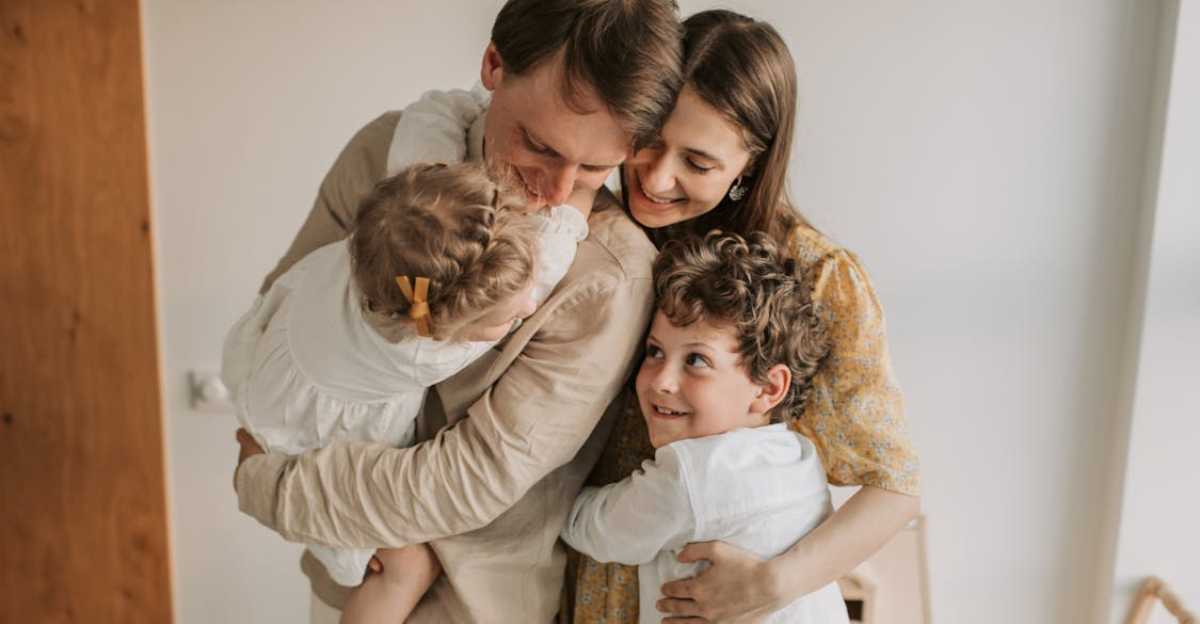
Sometimes hugging your children is more important than rules or schedules. They are new to this world and sometimes learning everything can be overwhelming so they make mistakes. A hug can go a long way. Putting feelings first often matters more than sticking to routines.
4. Choose your battles wisely

Pick your battles carefully but be firm when it matters. Not every small mistake needs correction. But for safety and important rules, you must be clear and firm. Teaching respect and boundaries helps your child learn what is okay and what is not.
5. Parenthood reshapes your identity

Being a parent changes who you are. You become more patient, kind, and loving. You also give up some things and change your priorities to care for your family. This change can be hard but helps you grow and strengthen your relationships.
6. No perfect way to parent
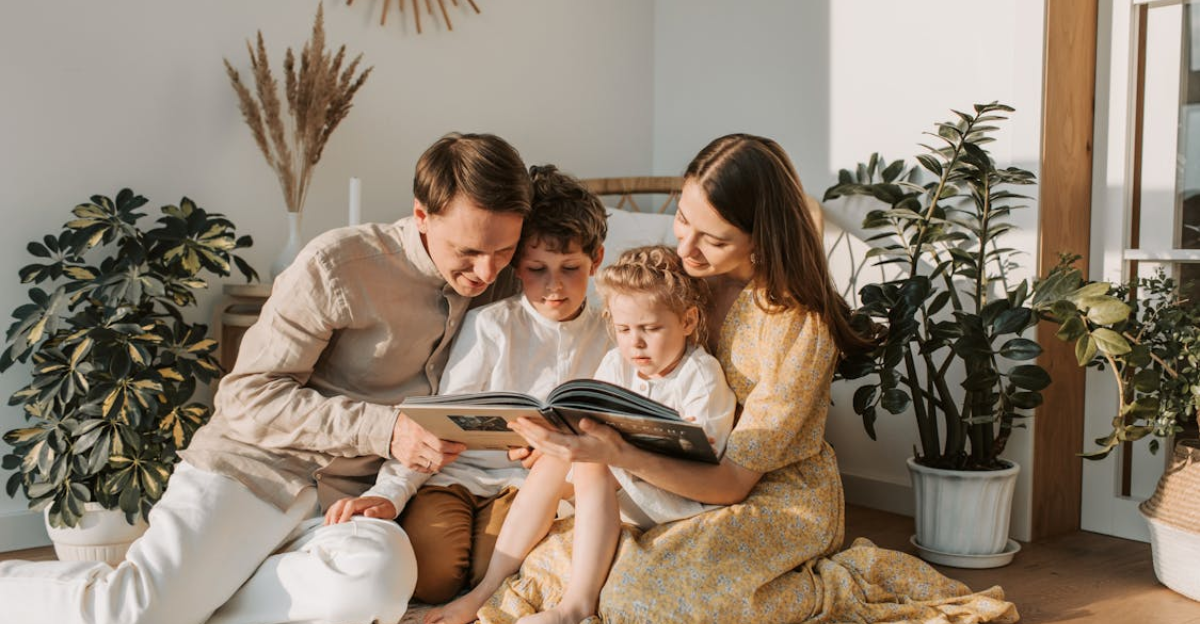
There is no perfect way to be a parent. Moreover, all families encounter difficulties and mistakes but it’s all about trying your best and learning as you go. Being okay with imperfection gives you and your child room to grow into better people.
7. Children teach you how to be a parent
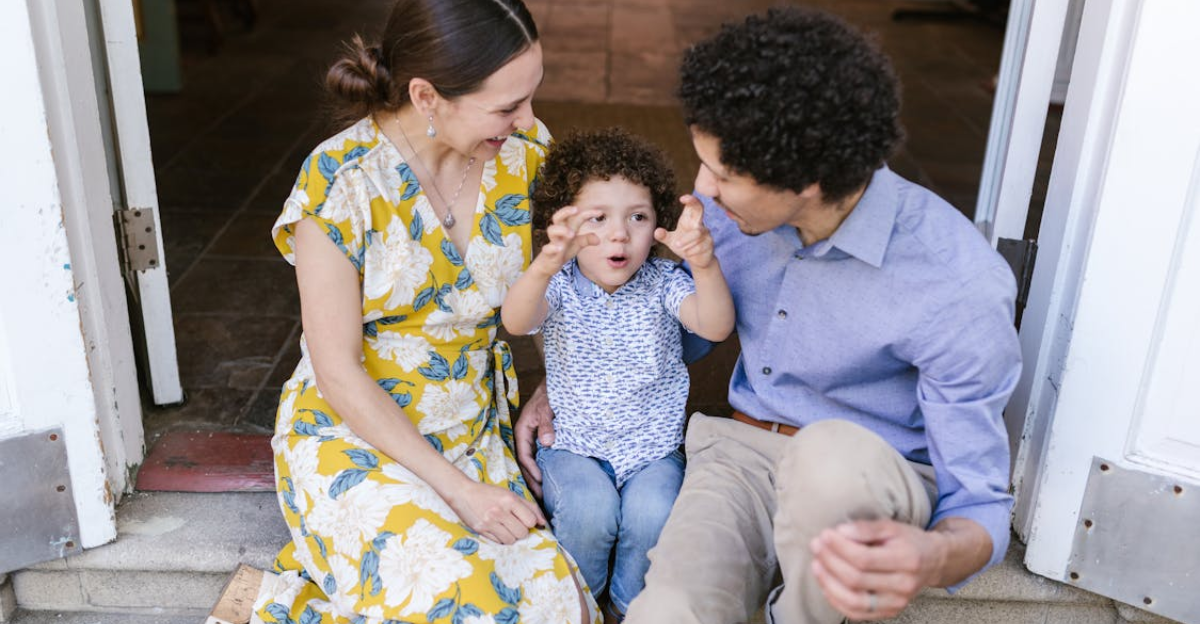
Children express what they require with words and actions. Listening will help you understand and support them. As your child develops, their needs change, and so you grow along with them every day. This makes parenting rewarding.
8. Increases compassion for your own parents

Having children helps you understand what your own parents went through. You can see how hard it is to care for someone all the time. And even if sometimes they made mistakes, they still did their very best to raise you. This new understanding brings you closer to them and makes you more patient with yourself.
9. Dealing with the unexpected
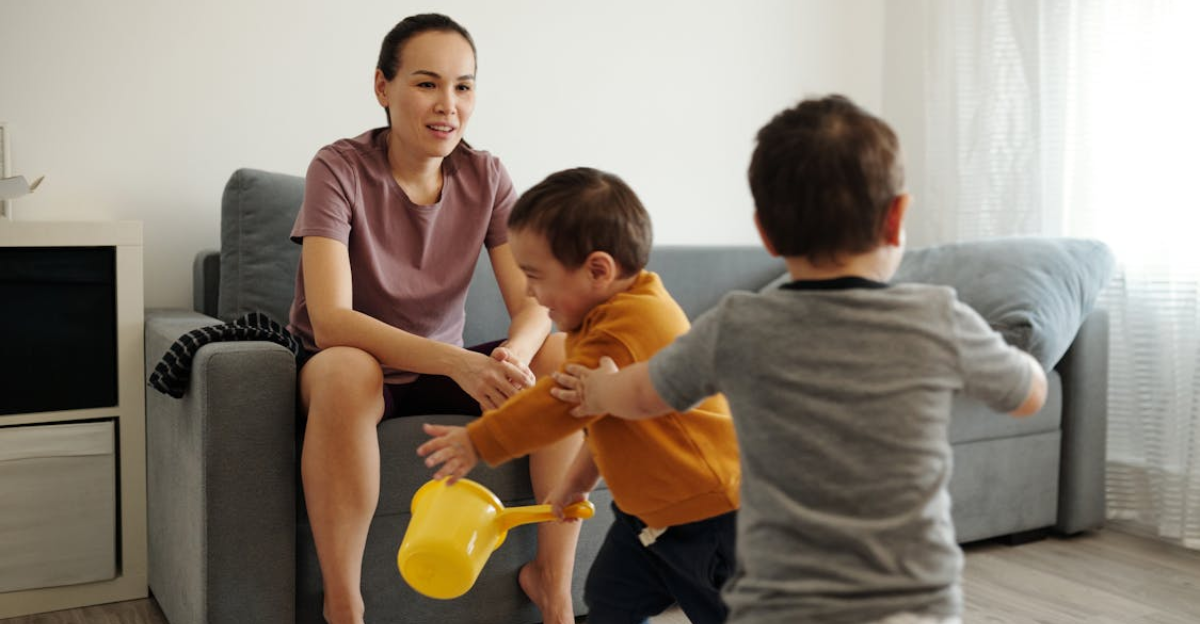
Parenting involves surprises. Children are naturally curious and leave a little trail of chaos as they learn about the world, so it helps to stay calm and prepare for the unexpected.
10. Sleep deprivation
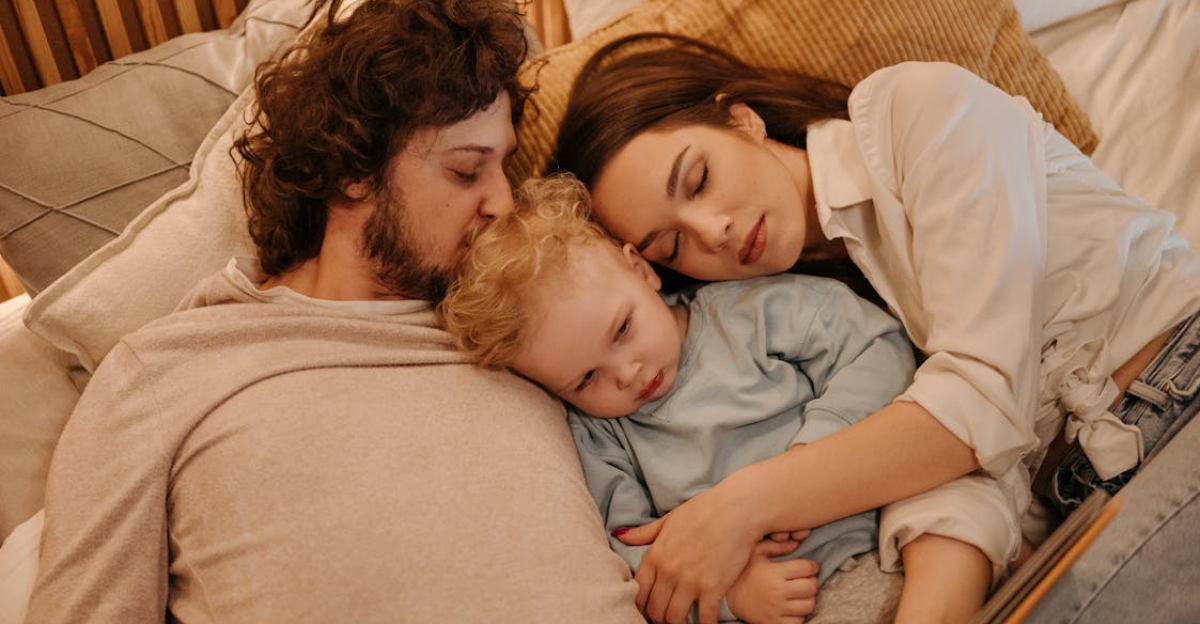
Sleep deprivation is a common problem for parents. You usually get exhausted because babies wake up a lot at night. Sharing night duties with your partner and asking help from extended family can help you manage your own sleep schedules.
11. Financial pressures increase

Money problems grow when you have children. Kids need clothes, food, toys, and school supplies. These costs add up fast. You may need to change how you spend money and plan carefully. Saving and budgeting well helps keep your family comfortable and secure.
12. Be kinder with yourself
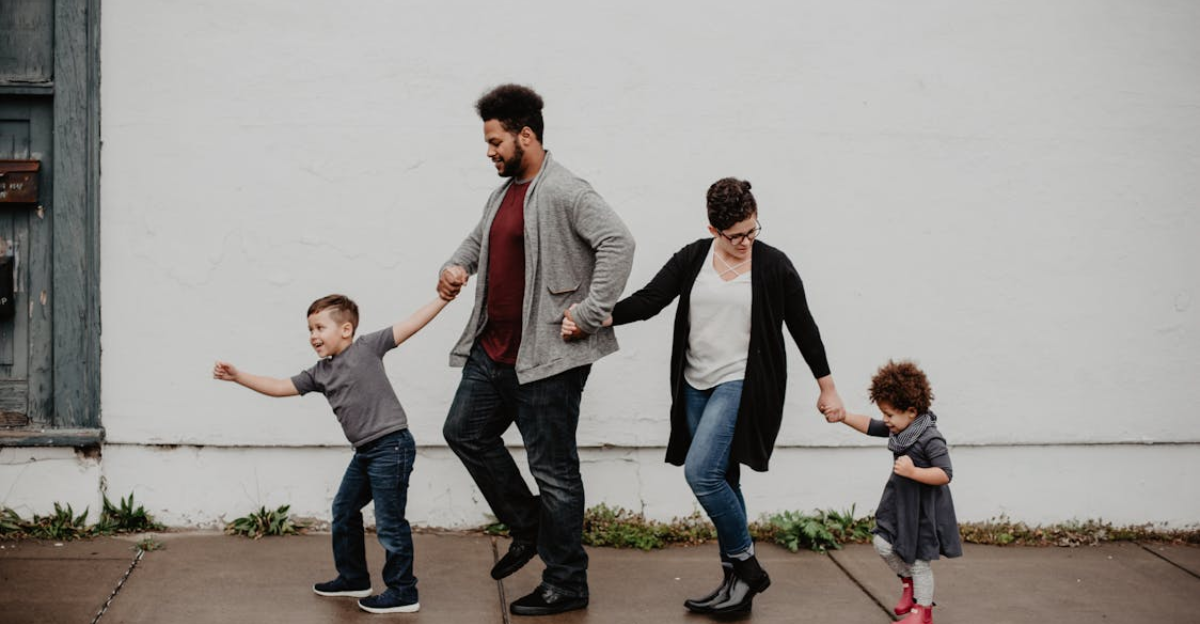
As a parent, you learn how to be kinder to yourself. You might feel that you’re not doing enough, but raising children is hard. You want them to grow with kindness, so you need to be patient with yourself too.
13. It really takes a village
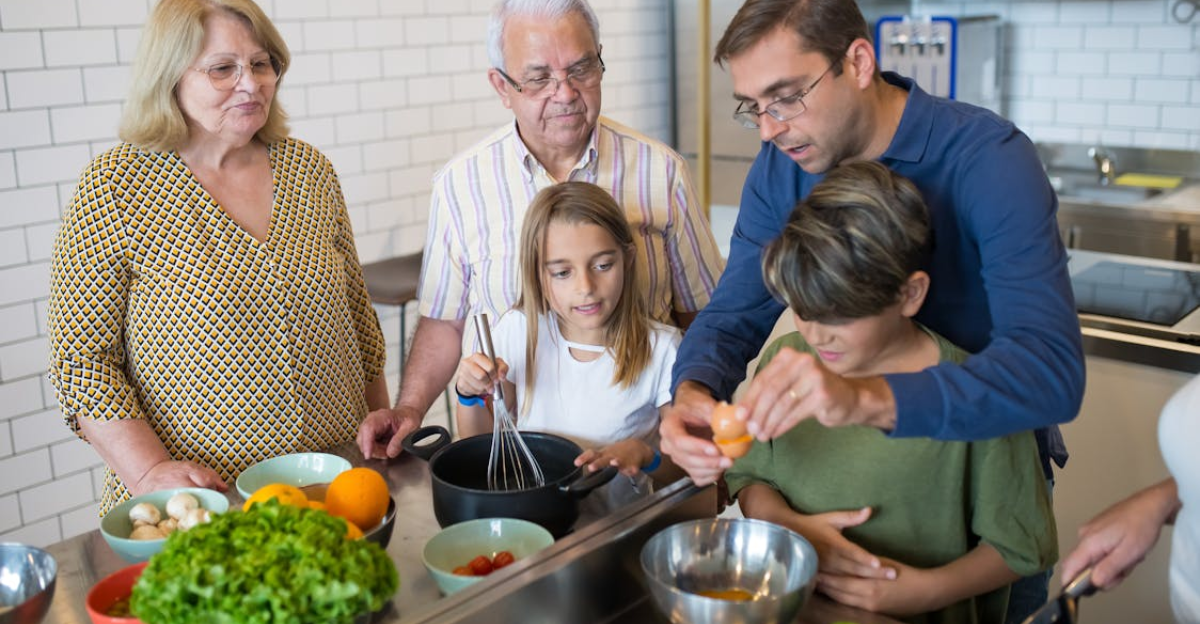
The phrase ‘It takes a village to raise a child’ is true, it does take a village raising your kids. Parenting is easier with the help of family and friends. They can give you advice or babysit when you’re tired. Having support helps you build confidence in your role as a parent.
14. Let children solve their own problems
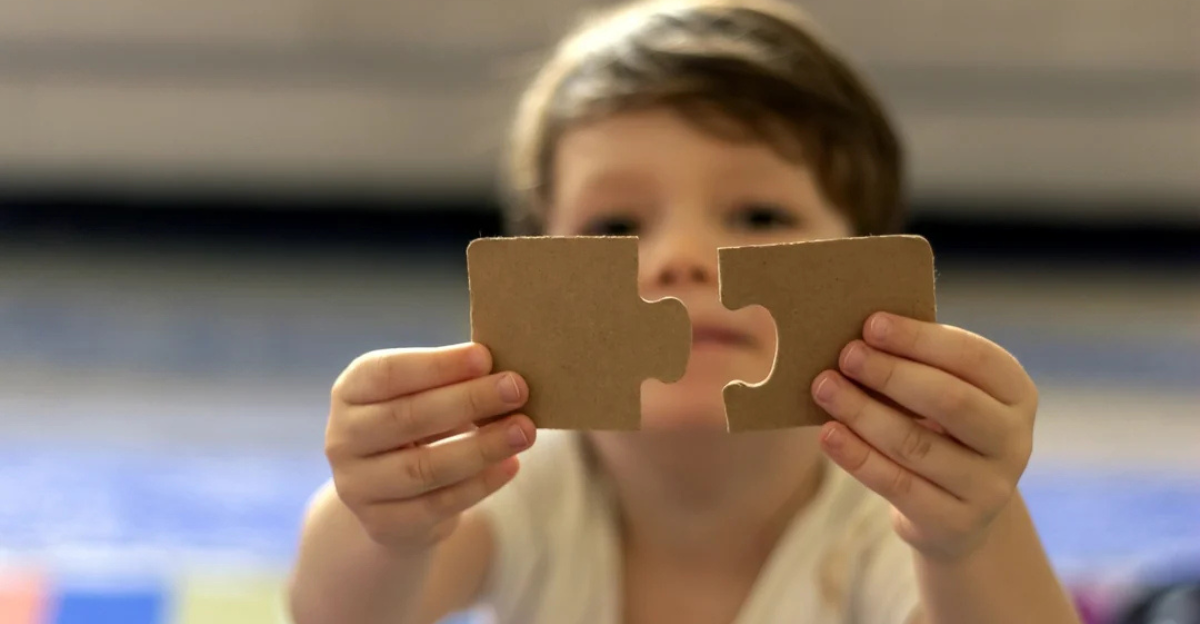
Let your children solve their own problems sometimes. It is natural to want to protect them, but stepping back helps them learn to handle challenges which builds confidence and independence. You can guide them without doing everything for them, helping them while encouraging free thinking.
15. Independence takes time to develop

Children take time to become independent. They need your guidance as they try everything on their own. But you can’t coddle them. Making mistakes is also part of learning. Encourage your child to learn slowly. Over time, they become more capable and self-reliant with your support.
16. Positive environment for learning
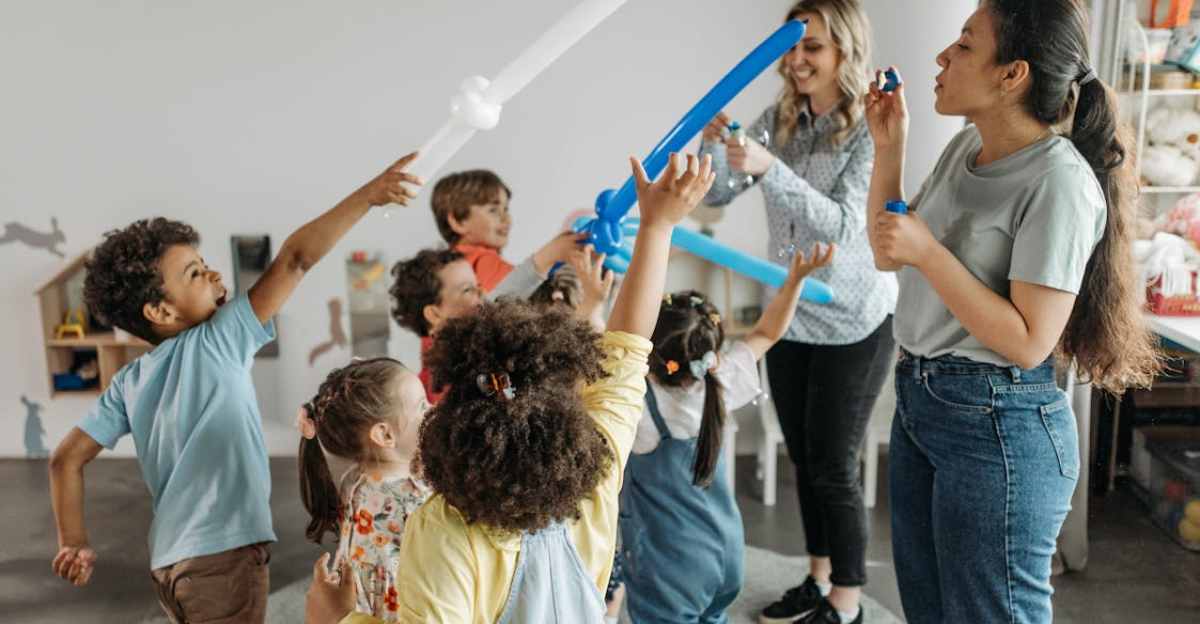
Children learn better when they feel safe. Having a positive and loving environment means that they can explore everything around them. Their curiosity should be encouraged and their efforts should be rewarded, which would make them have a strong sense of self.
17. Practice what you preach
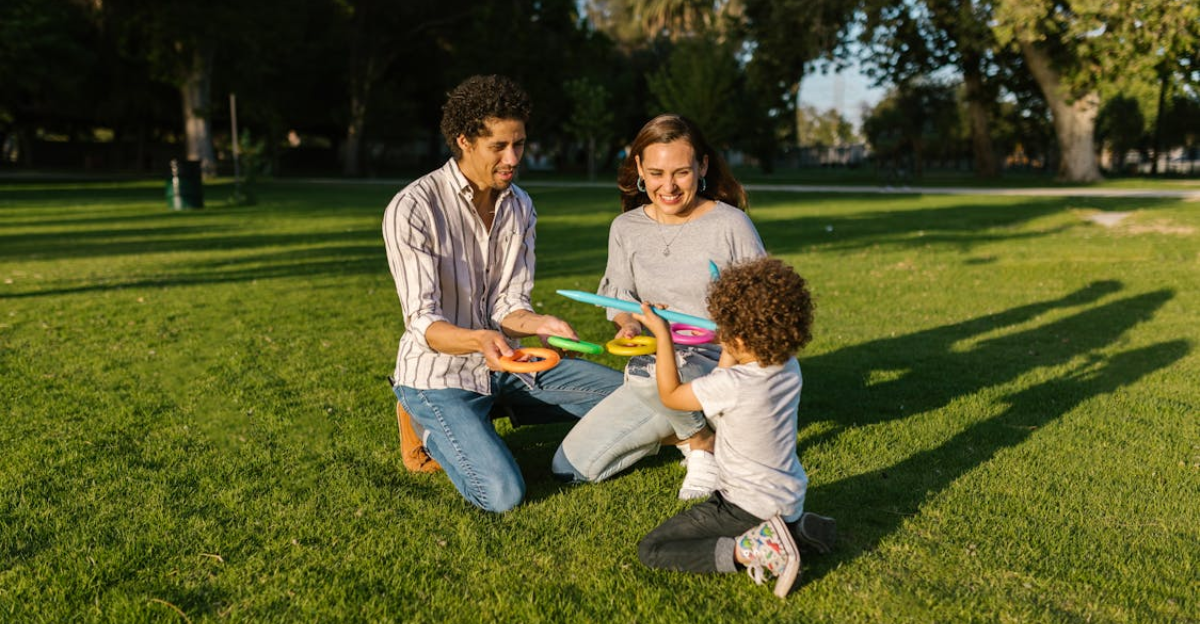
Children learn better by what you do than by what you say. They observe and imitate your actions. Unless you demonstrate kindness or honesty to them, then you cannot expect them to act the same. This is because being a good role model instills good values and habits in your child.
18. Raising adults you respect
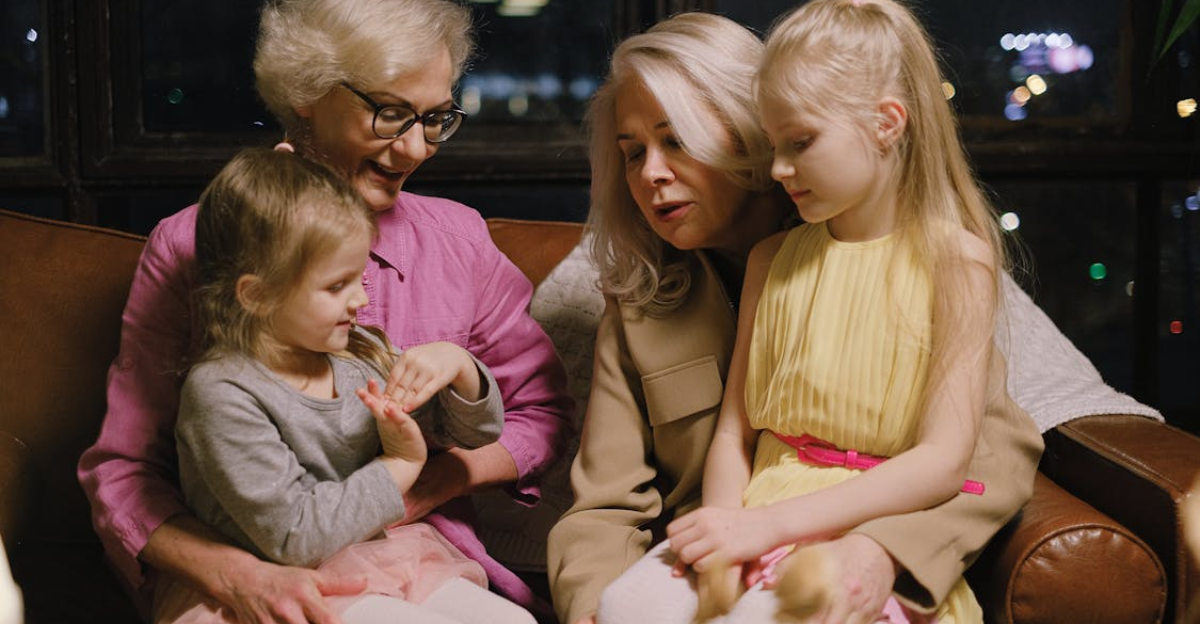
Think about the long-term goal of raising adults that you can respect. Parenting isn’t an easy task, but having a bigger picture in mind will keep you going. You want to raise an adult who you can proudly say is independent, loving and successful.
19. Never give up on your child

Never lose hope in your child. There will be difficult moments and disappointments, but your commitment makes a difference. Your love and support make them stronger and successful. By supporting your child you demonstrate that they are loved and competent.